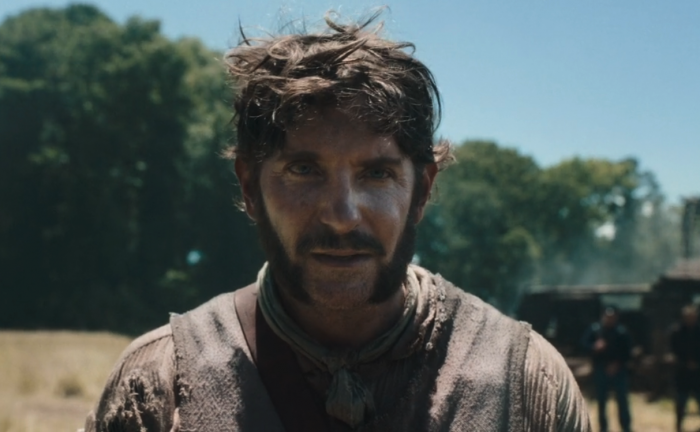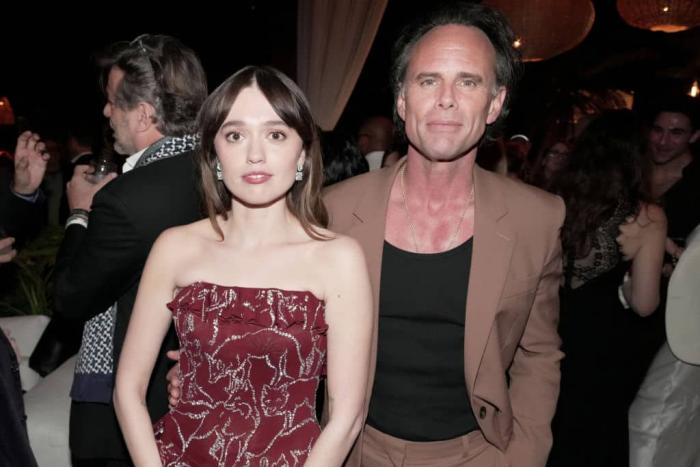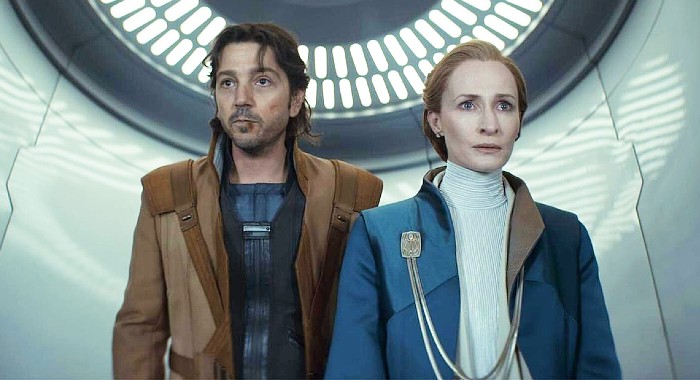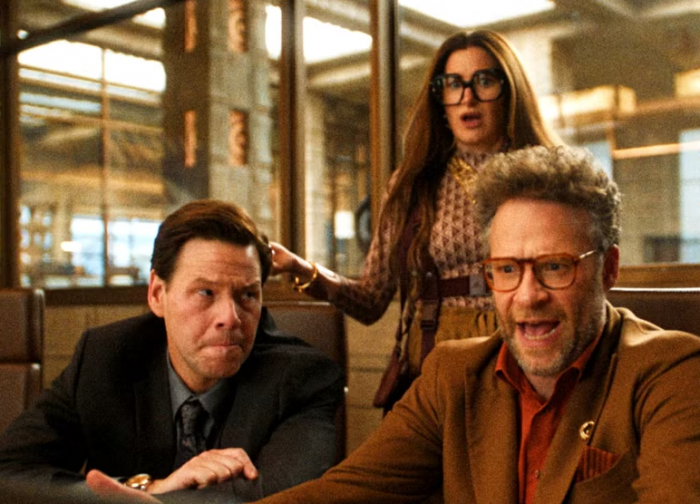
Why 'It's Always Sunny' Only Gets Better, While 'South Park' Does Not
By Dustin Rowles | TV | October 18, 2018

I don’t completely understand how It’s Always Sunny in Philadelphia can get away with what it does every week. I have listened to them on podcasts and read their interviews, so I know that the people behind Sunny — Glenn Howerton, Rob McElhenney, Charlie Day, Kaitlin Olson, Danny Devito — are exceptionally good human beings, so I trust that when their show about horrible, awful people beings takes up politics, they’re using comedy to make a larger point.
But knowing about the people behind a show is not a requirement for understanding the show’s point of view. With Sunny, there’s something almost indescribable about what they’re doing that seems to invite viewers in on the joke, that lets us know that we shouldn’t jump to conclusions, that we should trust them. Like South Park, Sunny has been around forever, and over the course of their respective runs, comedy has evolved considerably. However, while South Park seems to be rebelling against PC culture — doubling down on being anti-PC, almost like, “f**k you, I dare you to get angry, because you’ll only be proving our point” — Sunny uses politically incorrect humor to illustrate the value of being better people.
I don’t know how they do it, honestly. The degree of difficulty is high, and it feels like each week they’re on the cusp of going viral for all the wrong reasons. Part of it is punching down; part of it is the fact that they are the butts of their own jokes; and part of it is that Sunny characters are the worst humanity can offer, and we seem to reflexively understand that they are both parodies of and examples of who not to be. It’s still a miracle that someone like Mike Cernovich hasn’t taken a joke out of context and used against the cast. In a political environment where Gold Star families, POWs, and sexual assault survivors are not off limits, it’s amazing to me that Sunny has maintained its immunity.
I mean, how does Dennis have a rape room? How can Dee get away with saying “hermaphrodite”? How can Mac lift Dee up by her vagina in the Me Too episode? None of those things make sense out of context, but Sunny works more holistically, and I think that writer/exec producer Megan Ganz (Community) has taken it to an even higher level this season. The Bathroom Bill episode was one of the most impressive tightrope feats I have ever witnessed on television — CHARLIE CLAIMED DIBS ON THE WOMEN’S RESTROOM BY CROSSDRESSING — succeeding not by positing an “enlightened liberal solution,” but by reducing us all to our basest forms. When it comes to going to the bathroom, we’re all the same: We’re shitting animals, and it’s wrong to divide or discriminate against gay people, minorities, Catholics, trans people, or … Hawaiians. At the end of the day, we all have assholes.
Not that Sunny won’t admit when it’s wrong. In this week’s “The Gang Does a Clip Show,” episode, the gang explores the malleability of memory, splicing clips from old episodes with falsely implanted memories, like the Gang confusing themselves for characters in Seinfeld’s “The Bet.” It was an OK episode that dovetailed into a Inception gag about five minutes after it had worn out its conceit, but it was a sort of interesting take on alt-facts and fake news, and how if enough of us believe something is true, it can be true even if it isn’t.
What was most interesting about this episode, however, is the subtle digs at itself. When Dee starts to trot out an Asian stereotype she used in an old episode, Charlie yells, “You can’t do that!” and Dennis upbraids her. “We’ve decided that’s not funny anymore. As a society.” It’s Sunny acknowledging past mistakes. There’s another old clip from A Very Sunny Christmas where Charlie’s “Did you fuck my mom?” goes unbleeped, but they bleep it when Santa asks if Charlie is “retarded.” It reminded me of an interview last week in which Howerton said that the episode they most regretted was, “Sweet Dee’s Dating a Retarded Person,” the episode that birthed Dayman. “I do find that title offensive, personally. At the time I don’t even know what I was thinking,” Howerton told GQ.
It illustrates that even for these horrible, horrible characters, there is a line, that there are certain jokes that you can’t make even to illustrate a larger point. It’s a welcome contrast to, say, Matt Groening, who justifies Apu on The Simpsons by saying, “It wasn’t offensive at the time Apu was created.” Howerton, conversely, seems to say, “It’s always been offensive to say that word, but we were just too dumb to realize it, and we won’t use that word anymore.” Meanwhile, evolving, owning up to mistakes, or even acknowledging that comedy has changed is not something that South Park even seems willing to do 22 seasons into its run, as it continues to trot out its Caitlyn Jenner character not to offend trans people, but to offend people who would get offended by jokes about trans people. That might not be the same thing in their minds, but in practice, there’s not much difference. Sunny might make a joke that’s offensive out of context, but only in the service of illustrating how awful someone who might make that joke is. I think, ultimately, that’s why I continue to trust that Sunny has something to say, while South Park just wants to prove that it can say anything it wants.



